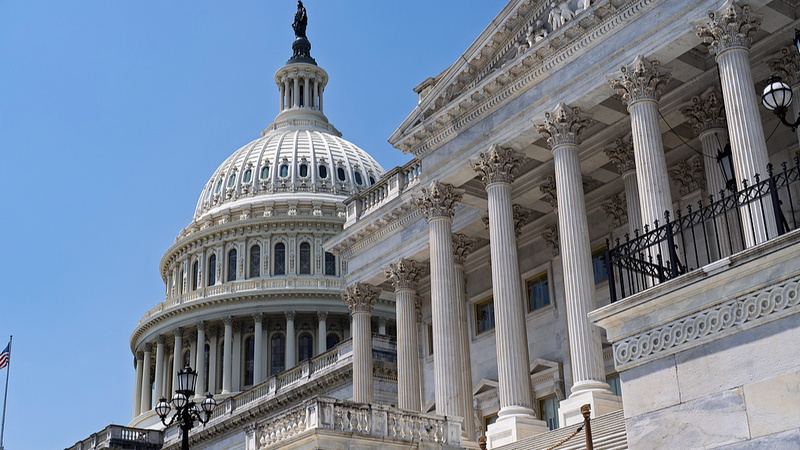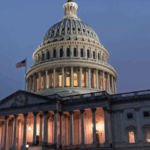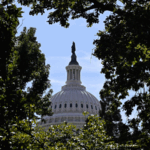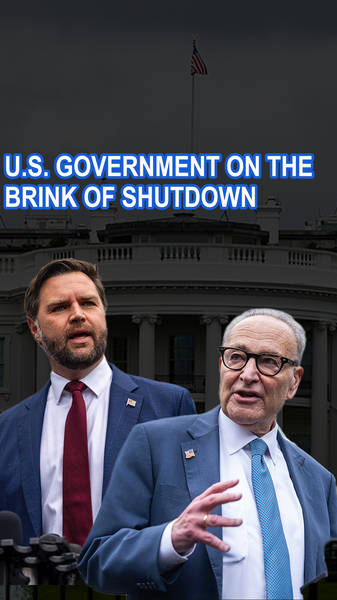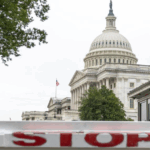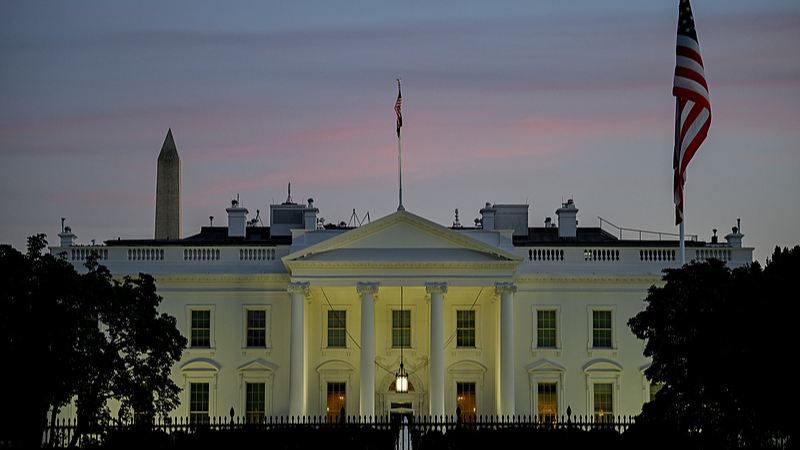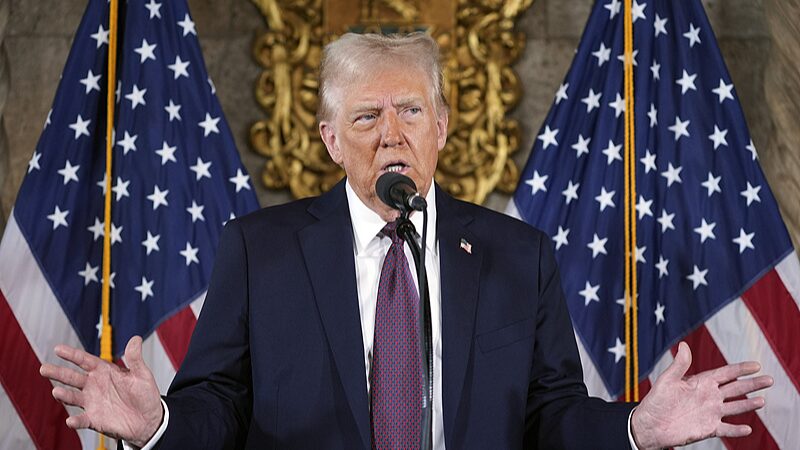The US federal government entered a shutdown early Saturday after Congress missed a critical deadline to pass a funding bill, marking the third such closure during former President Donald Trump's tenure. The stalemate revives memories of the 2018-2019 shutdown—a record 34-day disruption—and raises fresh concerns about ripple effects across global markets, including Asia.
While the immediate consequences of a shutdown primarily affect US federal workers and social programs, analysts warn of indirect impacts on Asia's economies. Business professionals eyeing export-driven markets like China and Southeast Asia may face delayed trade negotiations or supply chain uncertainties. Investors are advised to monitor fluctuations in US Treasury yields, which could influence capital flows into emerging Asian markets.
Academics highlight parallels between US political gridlock and Asia's own governance challenges, particularly in balancing economic growth with social equity. For diaspora communities, the shutdown underscores the interconnectedness of US policy decisions and remittance-dependent economies in South and Southeast Asia.
Though travel advisories remain unaffected, cultural explorers are reminded that prolonged shutdowns could delay visa processing—a key consideration for those planning trips to Asia-Pacific destinations. As the situation evolves, stakeholders await signals of bipartisan resolution to mitigate long-term disruptions.
Reference(s):
cgtn.com
